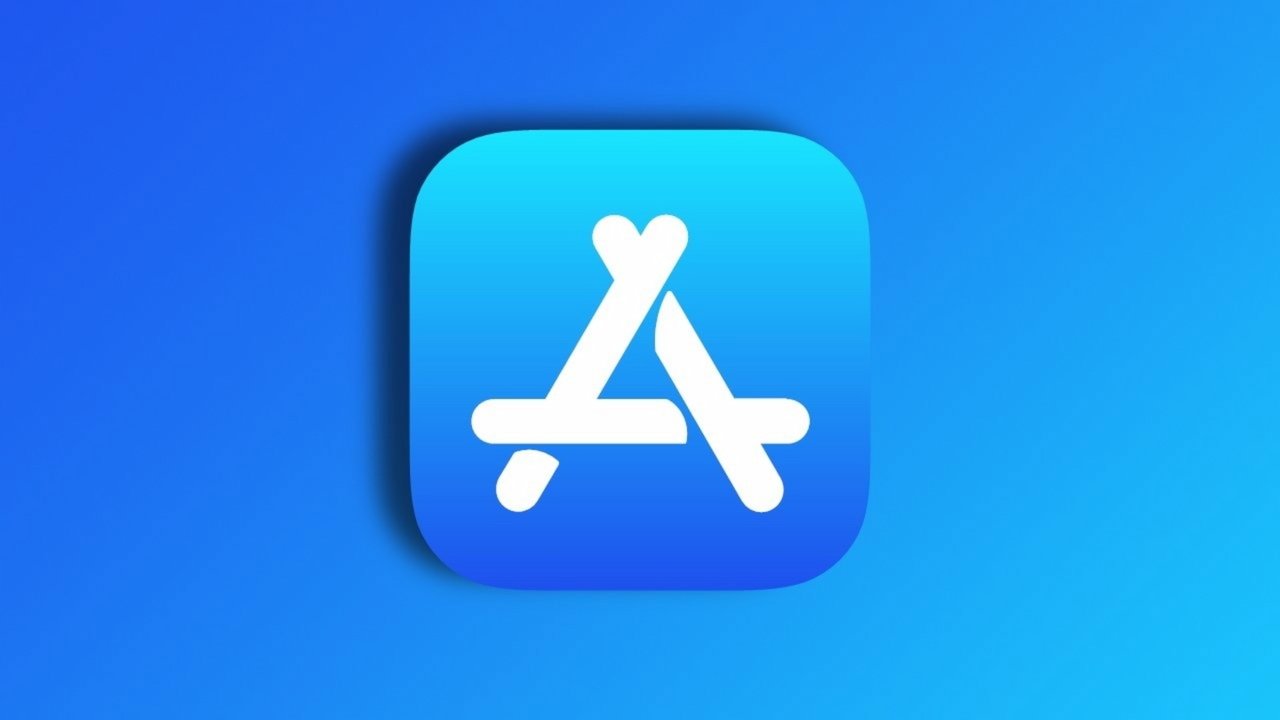Apple's App Store anti-steering rules put on hold as it appeals Supreme Court
Apple has been granted a motion to put on hold a decision forcing the company to change its "anti-steering" rules within the App Store, giving Apple a bit more time to move forward with an appeal.

Apple App Store
Apple was granted the motion to put on hold the previous appeals court ruling on Monday. With this mandate in place, it gives Apple an additional 90 days before it would need to make any changes related to "anti-steering" rules within the App Store, which all stems from the initial Epic Games vs Apple lawsuit.
With this motion, Apple is now appealing the Supreme Court of the United States, asking the ruling body to look over the ongoing case and the subsequent appeals.
As noted by The Verge, if SCOTUS does decide to hear the case, then it will remain stayed even longer, until the ruling body weighs in. Depending on that decision, if one does come down, it could result in major changes to Apple's digital storefront.
Apple's App Store tax has been a hot button issue for quite some time, especially for companies like Epic and Spotify. Apple's anti-steering rules are designed to limit how third-party developers and companies can direct customers to in-app purchases and subscription payments outside the App Store.
Apple takes a cut of all payments done from the App Store ecosystem, which courts have ruled does not violate any antitrust laws. However, it has also been ruled that those same third-party entities should be able to call to attention other ways to pay for things or subscribe to services.
It's worth noting that some companies, like Spotify, simply don't allow customers to sign up for their subscription services using Apple's proprietary payment system anymore.
The original ruling regarding Apple's anti-steering rules was handed down in September 2021, directly related to Epic Games vs Apple. Both companies appealed those decisions, though, with Apple winning nine of the ten claims.
That tenth claim covered anti-steering efforts. In April of this year, the Ninth Circuit Court of Appeals upheld that original ruling, meaning Apple still does need to make changes to the App Store.
Unless the Supreme Court rules otherwise.
A never-ending epic
This all started in 2020 after Epic Games updated its ridiculously popular battle royale game, Fortnite to allow players to avoid Apple's payment system entirely and pay Epic Games directly. This allowed Epic to skirt Apple's digital storefront tax, which ruffled Apple's feathers.

Epic Games ad inspired by Apple's "1984" ad
Apple subsequently pulled Fortnite from the App Store, letting Epic Games know if they updated the title again and removed the new payment system option, the game could return. Epic Games refused, filing a lawsuit against Apple the same day they updated the game.
Eventually, the court case itself kicked off, and both sides saw ups and downs. However, it has primarily been Apple that's come out on top, at least in the U.S.
That may change with the decision from the Supreme Court, though, if they decide to hear the case.
Read on AppleInsider


Comments
Not everyone agrees that it is a “tax.” Can I sell goods on eBay without paying a fee? It’s simply the cost of doing business. If companies don’t like it, build the fee into the price.
You just broke your own argument. "Build the Fee into the price" - that's called TAX. Put it on the Price Tag like Euro Trash or put it on the Receipt Canadian and American Style. It's still a Tax.
2. In the United States, you do not ‘appeal the Supreme Court.’ The Supreme Court is the highest court. You can appeal a District Court decision to a US Court of Appeals for the relevant Circuit, and you can appeal a decision of a US Court of Appeals to the Supreme Court, but that’s the end of the judicial road. You cannot ‘appeal the Supreme Court.’ Apple is seeking to appeal a decision of the 9th Circuit Court of Appeals to the Supreme Court.
I'll offer this: Apple's 30% charge is a commission. However, some people refer to it as a tax as a way to slight the idea of the payment as being unjustified.
Yes, tax has a literal meaning, and Apple isn't a government. But sometimes, colloquialisms will win out.
And the title doesn't say Apple is appealing a Supreme Court ruling. It says Apple is appealing the Supreme Court, which in this context means making a request -- if you want to be semantic about it.
Remember, feel free to discuss the topic, but don't criticize how we cover the topic, titles, or even typos in forums. It tends to derail conversations. If you have concerns about what we've covered or the titles we use, email us.
It's in the Forum rules. Don't make us smack you with a rule violation or eventual ban. Play nice here, folks. I shouldn't have to keep banging this drum, but I will.
Ideally, when using jargon or acronyms, the writer defines it, then is able to use it throughout the article, knowing he/she/it has given the reader some rough understanding of what they’re talking about.
For Apple Store apps that sell digital goods, those apps are not allowed to state that they can buy their digital goods elsewhere. The app owners have many other ways to tell their users of where to buy their digital goods, just not inside their apps.
You seem not to be aware that Apple themselves state their total services margin came in at 70%+ last year. That profit is despite other service segment businesses expected to lose money for the foreseeable future like Apple TV+ and AppleMusic.